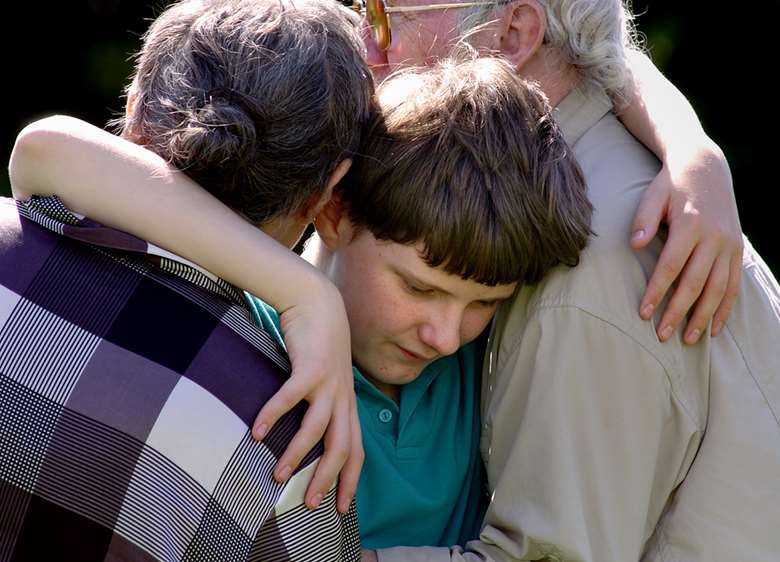Labour 'to boost kinship care support'
Derren Hayes
Tuesday, February 10, 2015
Labour wants to see more children at risk of being taken into care instead be given the chance to live with extended family members.

The move is one of a number of proposals to boost support for kinship carers and special guardians that a Labour government would introduce if elected in May.
Shadow education secretary Tristram Hunt said local authorities need to do more to investigate the potential for children who cannot live with their parents to stay with grandparents or other extended family members.
The party wants to see a strengthening of pre-proceedings guidance for vulnerable children so that social workers “explore early” the potential for them to be brought up by other members of the family, and that they are “properly consulted” when a child is at risk.
It wants to see more family group conferences convened – where professionals and family members work together to agree a future care plan that is in the best interests of the child – and said it would work with courts, local authorities and charities to update best practice on when and how they should be used.
New guidance on helping to establish peer support groups for kinship carers will also be produced for local authorities, based on existing good work in Milton Keynes, Worcestershire and Peterborough.
Other measures announced by Hunt today include ensuring children cared for through kinship arrangements and special guardianships are given the same priority as looked-after children in the school admissions process. Labour said this would see nearly 5,000 children cared for under special guardianship orders be given access to the best performing schools.
In addition, the party reiterated its pledge to scrap the spare room supplement, known as the bedroom tax, which it said is creating additional hardship for many kinship carers.
Hunt said: “Labour recognises that the country will only succeed if we support modern families – which now come in many different forms – to cope with the pressures of modern life.
“Nowhere is this truer than for children from disadvantaged backgrounds – those who have been denied the best start in life.
“It means having the right support available for families when parents cannot look after their kids.
“It means recognising the ties of love which means other family members go to extraordinary lengths to provide care for vulnerable children and young people.
“And it means helping grandparents and other carers who are taking on the responsibility of a young relative and to ensure that vulnerable children are given access to great schools.”
Cathy Ashley, chief executive of Family Rights Group, said: “Kinship carers go to enormous lengths, often at considerable personal cost, to care for children who cannot live with their parents, and have often previously suffered considerable trauma or tragedy. It is essential that they be given greater support, including children in kinship care being given the highest priority in the school admissions system.”
Sam Smethers, chief executive of Grandparents Plus, added: “If we want to prevent children ending up in care unnecessarily and support them properly, the new government will need to require local authorities to consider the wider family first, ensure support is based on the needs of the child not their legal status and give kinship carers similar rights and entitlements as those who adopt.”
It is estimated that there are between 200,000 and 300,000 children currently living in kinship care arrangements.




